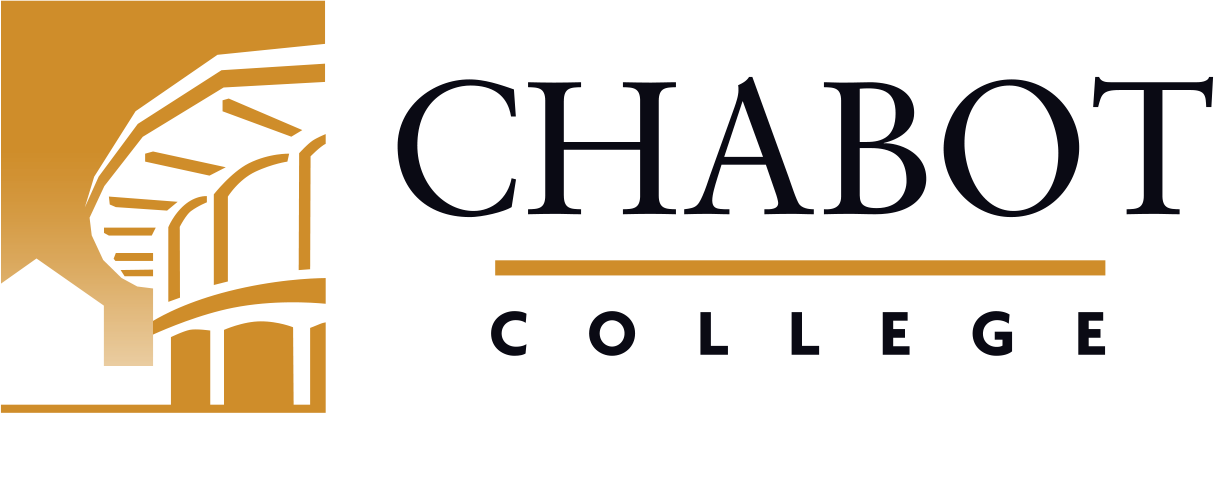
Course Outline for English As A Second Language 116A
Introduction to Review of Basic English
Effective: Fall 2013
SLO Rev: 12/13/2016
SLO Rev: 12/13/2016
Catalog Description:
ESL 116A - Introduction to Review of Basic English
3.00 Units
A comprehensive review of basic sentence types; short writing assignments; reading fiction and nonfiction; reinforces fluency in reading, writing, and grammar.
Pass/No Pass
| Type | Units | Inside of Class Hours | Outside of Class Hours | Total Student Learning Hours |
|---|---|---|---|---|
| Lecture | 3.00 | 54.00 | 108.00 | 162.00 |
| Total | 3.00 | 54.00 | 108.00 | 162.00 |
Measurable Objectives:
Upon completion of this course, the student should be able to:
- use simple present and present continuous verb tenses;
- form affirmative statements, negative statements and questions using appropriate auxiliary verbs in simple present and present progressive tenses;
- demonstrate understanding of the unique role of the verb BE;
- use common terms that describe English grammar;
- demonstrate understanding of the structure of an English sentence, including syntactic conventions of simple sentences and questions;
- use adverbs of frequency in the correct location in a sentence;
- identify the main idea and supporting examples in a reading;
- demonstrate the process and purpose of multiple draft writing;
- proofread a text for errors.
Course Content:
- Simple Present and Present Continuous verb tenses
- Formation of affirmative, negative and interrogative statements in the simple present and present rogressive tenses
- The unique role of the verb be
- Metalanguage that describes English grammar (noun, verb, adjective, adverb)
- The structure of an English sentence, including syntactic conventions of simple sentences and questions
- The location of adverbs of frequency in a sentence
- Reading selections from nonfiction, textbooks or novels related to students’ occupations for the main idea
- Vocabulary from readings related to their field of work
- Paragraph organization (topic sentence & supporting ideas)
- Multiple drafts of paragraphs
- Editing writing which contains common errors
Methods of Instruction:
- Lecture/Discussion
- Group Activities
- Class and group discussions
- Textbook reading assignments
- Distance Education
Assignments and Methods of Evaluating Student Progress:
- Write one paragraph on a topic with the main idea in the first line and supporting details following it. Revise the paragraph to make the organization clear and to eliminate irrelevant sentences that don’t lend support. Proofread it to correct grammar and punctuation.
- Read a one-page selection from a textbook for native English speakers. Identify the author’s main idea and examples that support it.
- Examine a piece of writing to identify the way simple and continuous verb tenses are used to clarify time relationships. Write down your notes and ideas and share them with your group members.
- Class Work
- Exams/Tests
- Quizzes
- Homework
- Papers
- Final Examination or Project
Upon the completion of this course, the student should be able to:
- Student uses simple present and continuous tenses, form affirmative statements, negative statements and questions using appropriate auxiliary verbs in simple present and present progressive tenses
- Student uses common terms in metalanguage that describes English grammar
- Student identifies the main idea and supporting examples in a reading
- Student writes a topic sentence followed by supporting ideas
- Student defines, exemplifies and recognize s the meaning of vocabulary learned in textbook readings about child development.
Textbooks (Typical):
- B. Azar, S. Hagen (2006). Basic English Grammar (3rd). Pearson Longman.
- B. Diaz, R. Magy, F. Salas-Isnardi (2010). FUTURE 2: English for Results. Pearson Longman.
- A. Hogue (2008). First Steps in Academic Writing (2nd). Pearson Longman.
- Blue/Green Examination Booklet
Abbreviated Class Schedule Description:
A comprehensive review of basic sentence types; short writing assignments; reading fiction and nonfiction; reinforces fluency in reading, writing, and grammar.
Discipline:
English as a Second Language (ESL)*